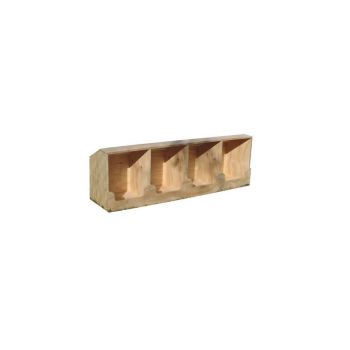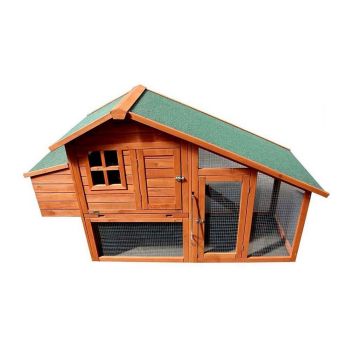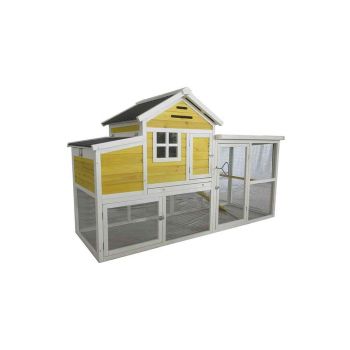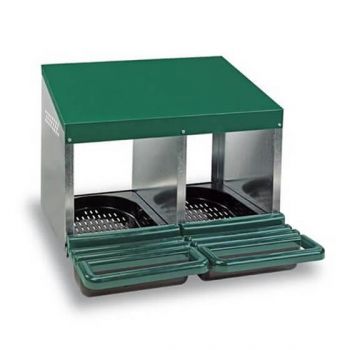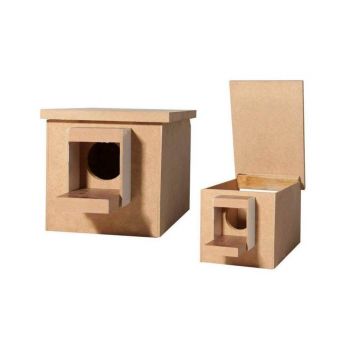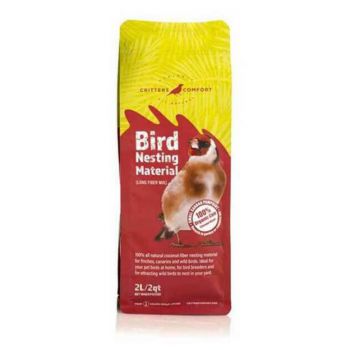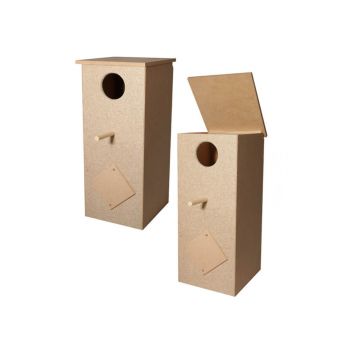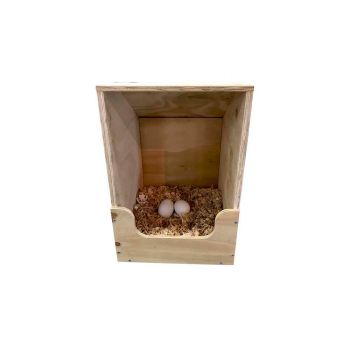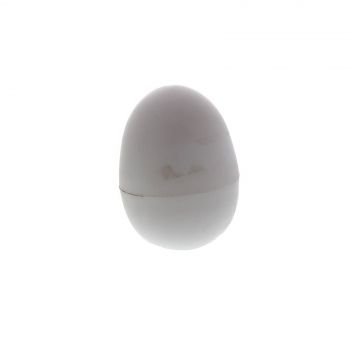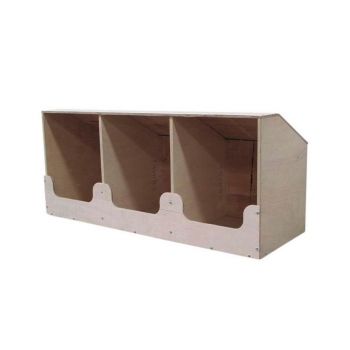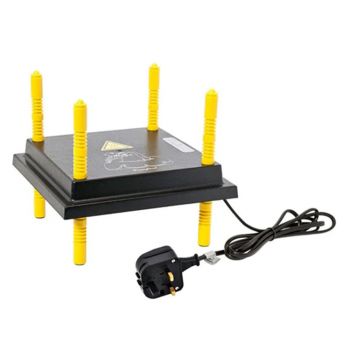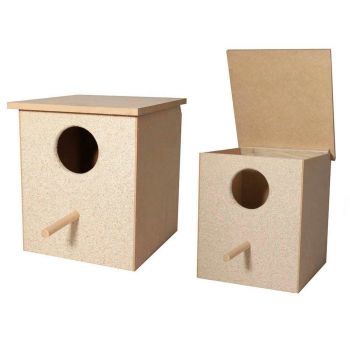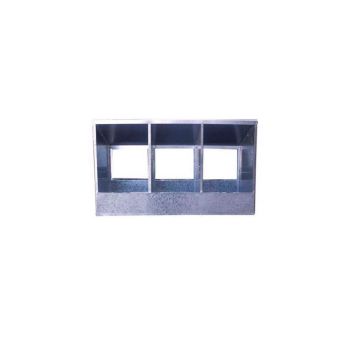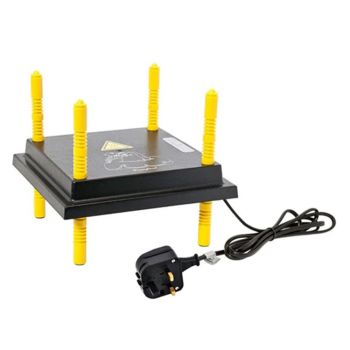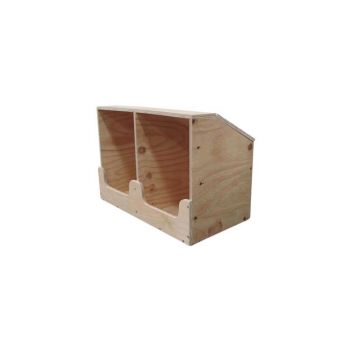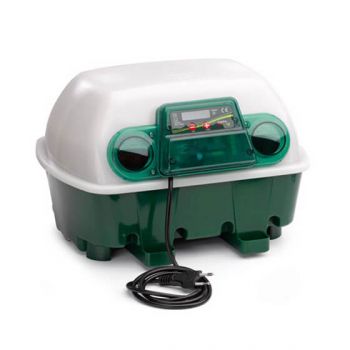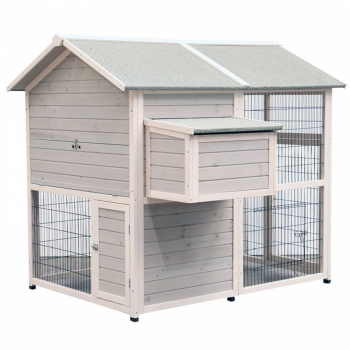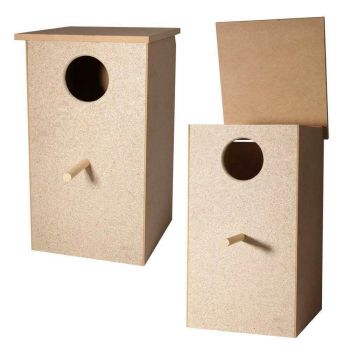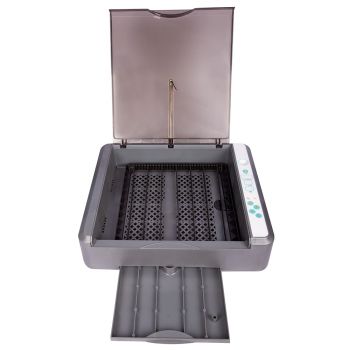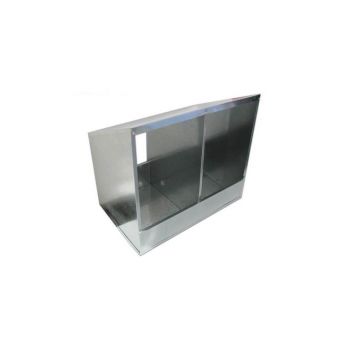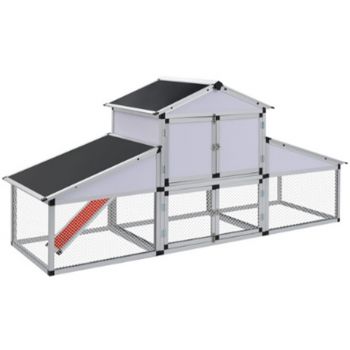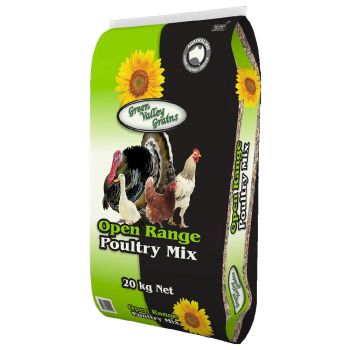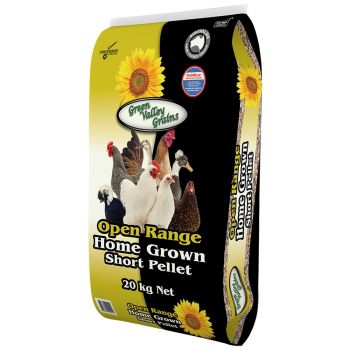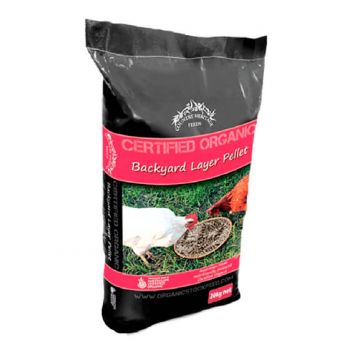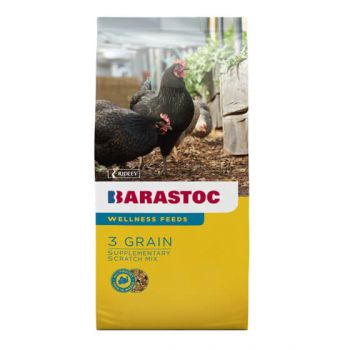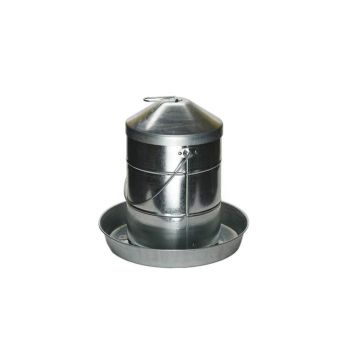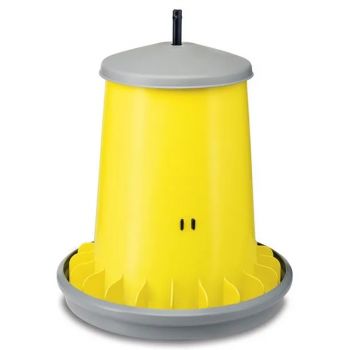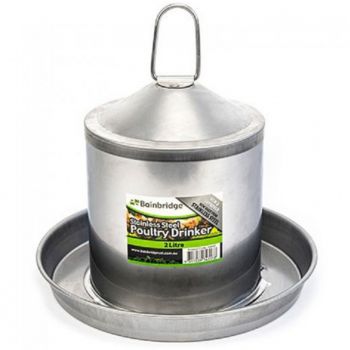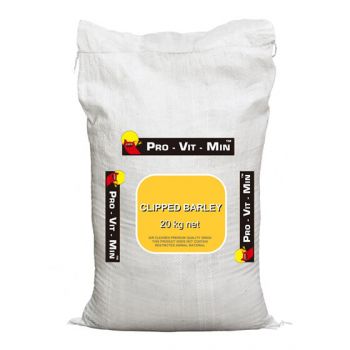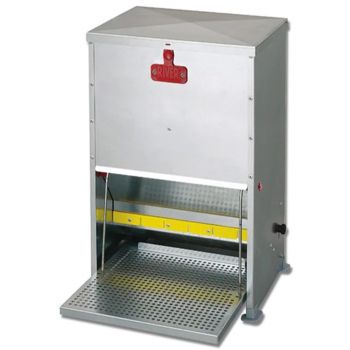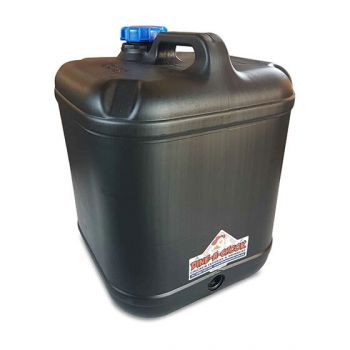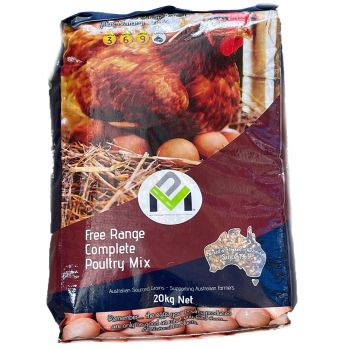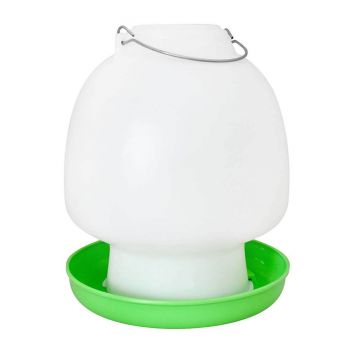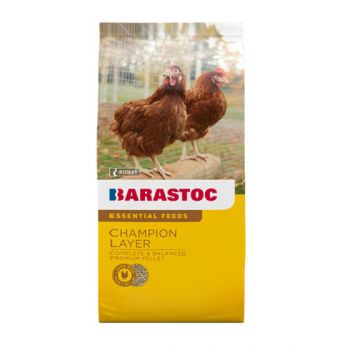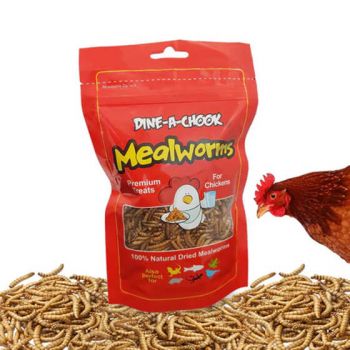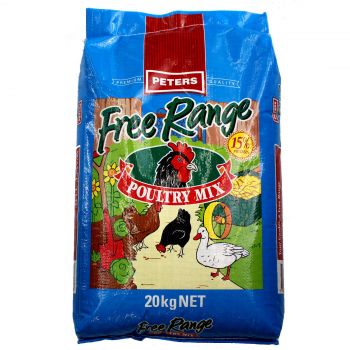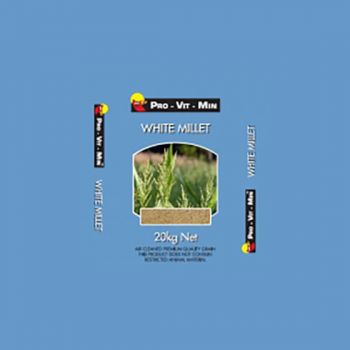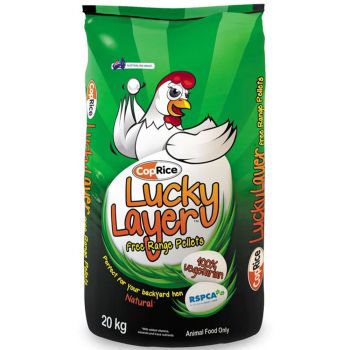THINGS TO CONSIDER WHEN GETTING A CHICKEN COOP
Enjoy the convenience of fresh eggs every morning by building or purchasing your very own chicken coop and keeping backyard chickens. Before you begin, however, there are a few points to keep in mind for either option to ensure that your chickens will have everything they need.
Local Council Permission
Before constructing or procuring a chicken coop, be sure to consult your local council for any applicable regulations concerning the housing and care of chickens in your area. Don't forget to ask about rules surrounding roosters as well! For the Geelong area, roosters, geese or turkeys are not permitted on residential land less than 4,000m2 without a permit.
Permits are not required for up to
- 12 hens (excluding roosters) on land less than 4,000m2
- 24 hens (excluding rosters) on land between 4,000m2 and 20,000m2
If you live in a flat, unit or townhouse, you are not permitted to keep poultry. If your hen hatches chicks and you exceed the permitted number on your property, you may keep the chicks until they are 12 weeks old.
Chicken Breed
As you shop for chickens, remember that the various breeds have different space requirements. Before purchasing them, ensure to inquire about this from the breeder. They should be able to give you a rough understanding of their care and the minimum space required.
If your chickens are frolicking around the yard all day long, then a tiny coop should provide them with enough rest. But if you plan on keeping them in an enclosed area for extended periods of time, make sure to opt for something roomy and comfortable for their needs.
To ensure excellent living conditions, a space of 1.5m x 2m is an ideal size for up to 6 chickens. Additionally, these feathered friends require daily exercise and movement; thus it's recommended that you let them out each day so they can stretch their wings and roam about freely!
Building or Buying Your Chicken Coop
Some fantastic chicken coops are readily available on the market, but if you're feeling creative and budget conscious, why not try making one for yourself? Common materials used to construct a coop include particle board, plywood or timber for structure. Sheet metal or tiles make great roofing. And don't forget about upcycling! Chicken wire, corrugated iron and old pallets can be just as effective in creating your feathered friends' new home. Got an unused cubby house that's been sitting around since the kids have grown out of it? With some tinkering here and there—you got yourself a grand 5-star chicken hotel!
If you choose to build your own chicken coop, make sure you design it so you have easy access to all areas to clean and include lots of flaps and doors that you can open during the day but can be locked and secured at night. This will allow chickens to explore as they please but be safe from roaming cats and other wildlife overnight.
Lastly, build cosy nests for your chickens to lay eggs in. Each nest should be no less than 30cm x 30cm and every 2-3 birds must have their own nesting box.
Protecting Your Chickens
Even if you don't have a giant yard, chickens can still thrive in your space! A perfect spot for the coop should be placed on grass or dirt as your feathered friends will delight in searching for bugs and minerals from digging the ground. It's best to place a coop in a shaded, level part of the yard that's dry. The pitched coop roof will also help curve rain from entering your coop. It is essential to protect your chicken coop so that your chickens are shielded from predators such as dogs, foxes, and rats. You can do this by moving the coop onto a paved area at night time so predators can't dig under and into it. or installing plastic sheeting around the first 10 inches of the coop to stop animals from being able to bite and scratch into the cage.
Keeping your chickens happy
A contented chicken yields the yummiest eggs. To ensure a cheerful hen, three things are essential: bedding, nourishment, and hydration.
Chickens are a great addition to any yard, happily feasting on your composted vegetables and other kitchen scraps. To aid in the digestion of their food, sprinkling river sand throughout the coop is ideal - it's best spread across pavers or concrete for easy clean-up later. Unsure what scraps you can feed a chicken? Take our fun chicken quiz here and test yourself on common household foods they can and can't eat.
To keep your chickens hydrated, invest in a waterer that is held up off the ground to avoid dirt and food contamination. Additionally, make sure you change out the water every day to ensure cleanliness.
Our helpful team at Wallington's WRG are ready to offer you expert advice and show you our incredible selection of premade chicken coops! Stop by 370 Grubb Road in Wallington or view the range on our website right now at wallingtons.com.au






